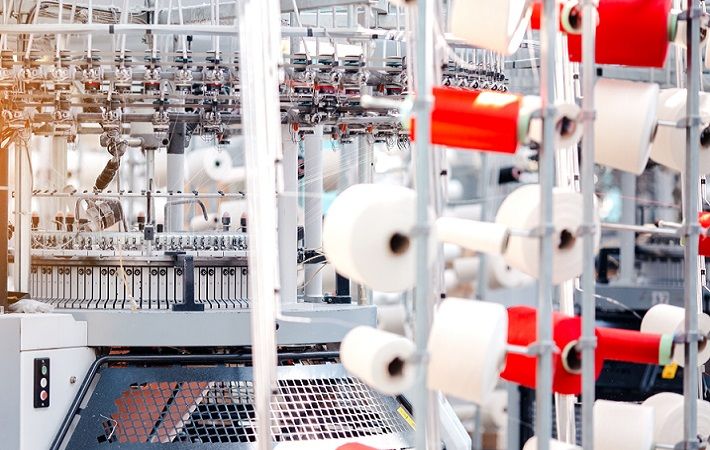
The closing of borders impacted the industry as factories depend on international markets for sale as well as receive production inputs from South Africa, said a report by Private Sector Foundation of Lesotho (PSFL). This also caused prices of materials in the local market to rise.
Production units were also unable to source good-quality material for their products and were forced to use low-quality materials for production.
Companies lost customers due to not being able to deliver the products on time, the report said. The manufacturers also dealt with lack of funds as deposits were not paid. They also failed to receive institutional support.
The report has recommended establishing industry-wide structures and embracing new partnerships to reconstruct the textile industry. The recommendations include establishing Textile and Apparel Association (TAA) at national and district levels for dealing with issues related to the textile industry.
The TAA can ensure that all textile and apparel companies are licensed by One Stop Business Facilitation Centre (OBFC) to encourage investors to provide financial resources.
The report has also urged the government to make policies and introduce special programmes for the textile and apparel industry with the help of development partners like Aid for Trade. It should also make provisions for training, mentoring and providing technical assistance for the members of the TAA through Business Development Services.
Some of the other recommendations include encouraging partnerships between corporates and MSMEs; using the Third Industrial Development Decade in Africa (IDDA 3) to uplift the textile and apparel sector; developing sustainable textiles and boosting production capabilities; and introducing new financial schemes to help manufacturing units to invest in technology.
Fibre2Fashion News Desk (KD)